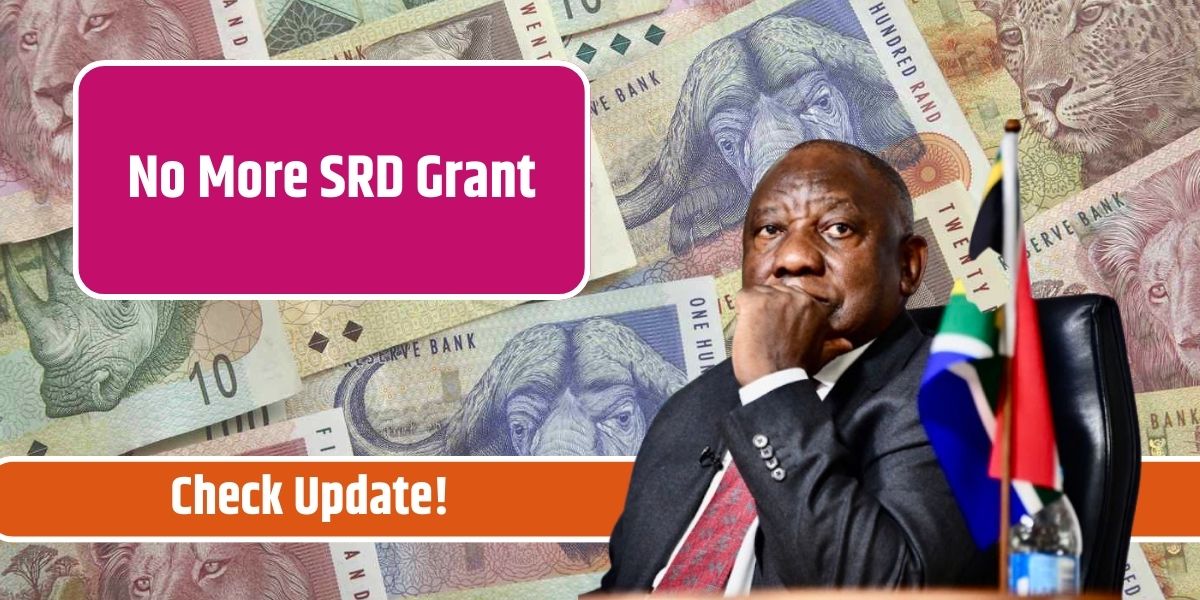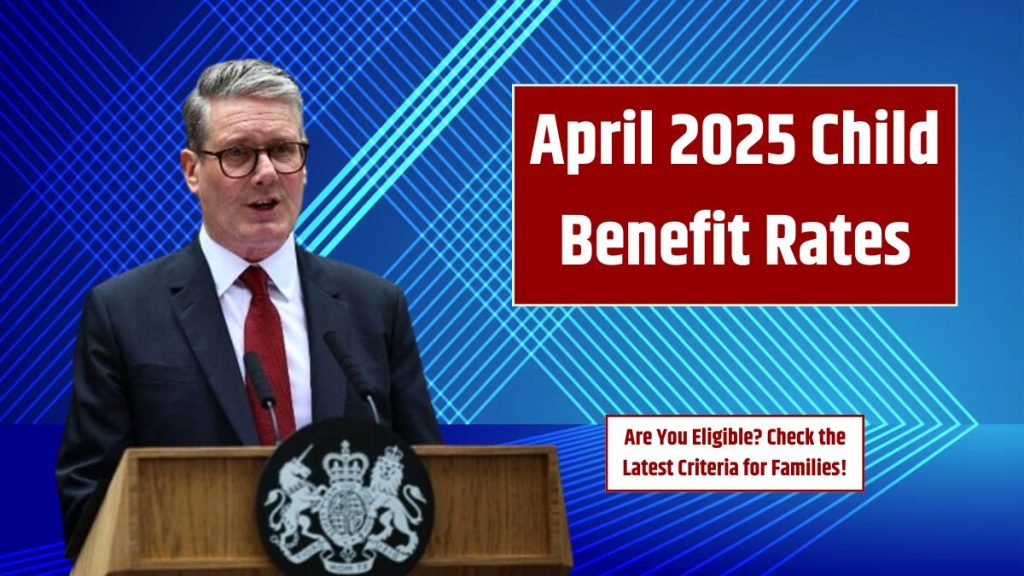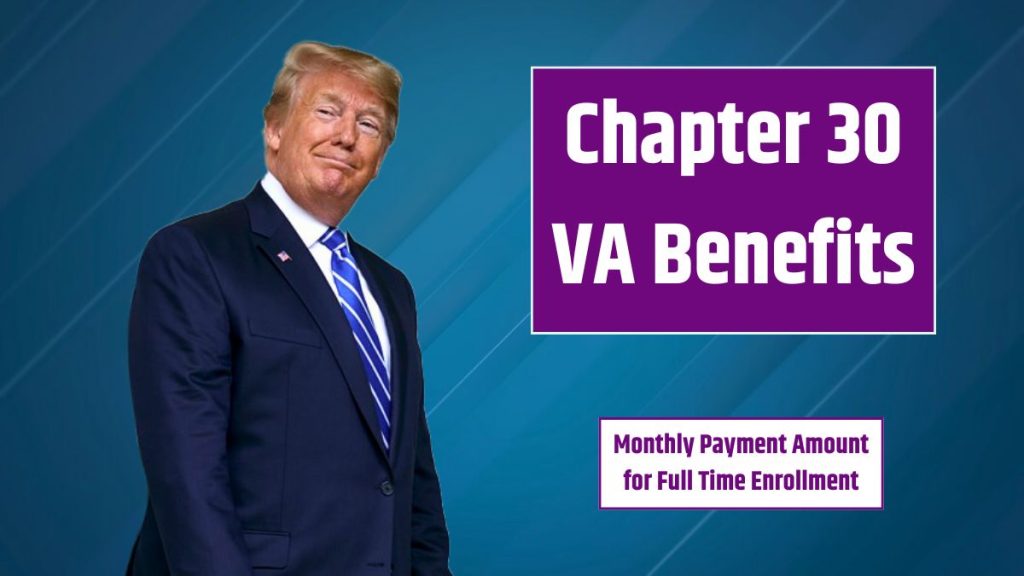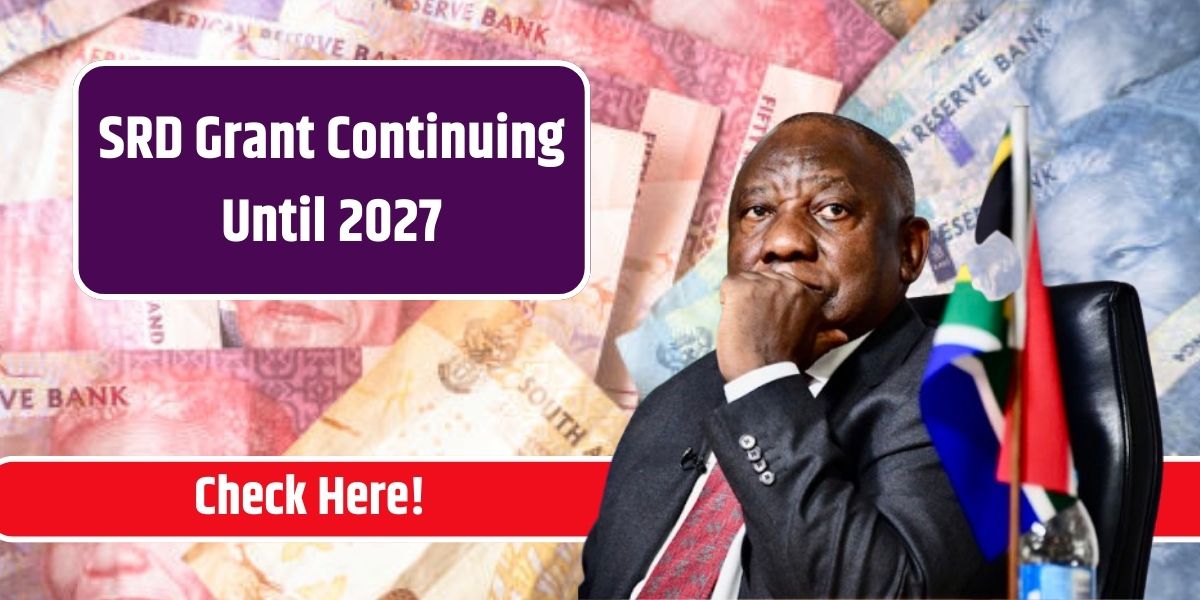The Social Relief of Distress (SRD) grant has been a lifeline for millions of South Africans since its inception in 2020. Introduced as a temporary response to the economic disruptions caused by the COVID-19 pandemic, the grant provided critical financial support to unemployed individuals who lacked access to other social welfare programs. While its impact has been transformative, the SRD grant is set to expire in March 2025, raising questions about the future of social assistance for the country’s most vulnerable populations.
The Significance of the SRD Grant
The SRD grant was a groundbreaking initiative designed to address the immediate economic challenges posed by the pandemic. It targeted individuals aged 18–59 who were ineligible for other grants, filling a critical gap in South Africa’s social welfare system.
Addressing Immediate Needs
With a monthly disbursement of R350, recipients used the funds for essential expenses such as food, utilities, and transportation, providing a vital safety net for low-income households.
Alleviating Poverty
Government data indicates that the SRD grant significantly reduced extreme poverty, helping millions manage the financial strain exacerbated by the pandemic.
Accessibility and Flexibility
Unlike many other social programs, the SRD grant allowed recipients to allocate funds based on their unique circumstances, ensuring immediate and direct relief.
By 2023, over 7 million South Africans were benefiting from the grant, showcasing its vast reach. However, its temporary nature highlights the urgency of finding a sustainable alternative to support those in need.
Exploring Potential Successors
As the SRD grant’s expiration approaches, discussions are intensifying about its potential replacements. Three primary options have emerged:
1. Basic Income Grant (BIG)
The BIG is a proposed long-term financial support system designed to provide consistent income to unemployed individuals.
- Advantages: It offers stability and can be adjusted for inflation, ensuring recipients retain purchasing power.
- Challenges: Implementing a BIG would require significant financial resources, potentially leading to higher taxes or budget cuts in other areas.
2. Enhanced SRD Grant
This model involves extending the SRD grant with modifications to the disbursement amount and eligibility criteria.
- Advantages: It maintains the current structure while addressing immediate financial needs.
- Limitations: It may fall short in addressing chronic unemployment and broader socio-economic challenges.
3. Employment-Based Subsidies
These subsidies aim to combine financial support with job creation incentives, promoting economic activity while reducing welfare dependency.
- Advantages: They encourage workforce participation and provide long-term solutions to unemployment.
- Challenges: Not all unemployed individuals may benefit due to barriers like skill gaps, geographical constraints, and limited job availability.
Potential Impacts on Vulnerable Groups
The transition from the SRD grant could have profound implications for South Africa’s most vulnerable populations.
Rising Poverty and Food Insecurity
Without an adequate replacement, millions may face deeper poverty and food insecurity, particularly in rural and underserved areas.
Increased Pressure on Other Grants
Social grants like child support and old-age pensions may experience higher demand, straining the resources of the South African Social Security Agency (SASSA).
Gender and Geographic Disparities
- Rural Communities: Limited access to alternative income sources could disproportionately affect rural areas.
- Female-Headed Households: Women, particularly those leading households, are likely to face heightened economic challenges.
Risk of Economic Instability
A sudden withdrawal of the SRD grant could trigger social unrest, especially in regions with high unemployment rates and limited economic opportunities.
Preparing for the Transition
Proactive measures are essential to ensure a smooth transition and mitigate potential hardships.
For Individuals
- Financial Planning: Recipients should develop budgeting strategies to prepare for possible income reductions.
- Skills Development: Investing in education and vocational training can improve employability.
For the Government
- Transparent Communication: Providing clear updates on replacement plans will help manage public expectations.
- Stakeholder Collaboration: Engaging with civil society organizations and community representatives can ensure inclusive policy development.
- Innovative Policy Design: Long-term solutions must balance fiscal responsibility with meaningful social impact.
The approaching end of the SRD grant marks a critical juncture for South Africa’s social welfare system. The choice between a Basic Income Grant, an enhanced SRD, or alternative models will have far-reaching implications for poverty alleviation and unemployment. Policymakers must act decisively to ensure that vulnerable populations are supported, while individuals should prepare for potential changes by enhancing their financial resilience and skills.
Why is the SRD grant expiring?
The SRD grant was designed as a temporary measure to address the economic impacts of COVID-19. Its expiration aligns with its original purpose, although discussions about replacements are ongoing.
What is the Basic Income Grant (BIG)?
The BIG is a proposed long-term financial support program aimed at providing regular income to unemployed individuals to reduce poverty and economic inequality.
How will rural communities be affected by the grant’s expiration?
Rural areas, often with limited job opportunities and alternative income sources, could face increased poverty and food insecurity without a suitable replacement.










